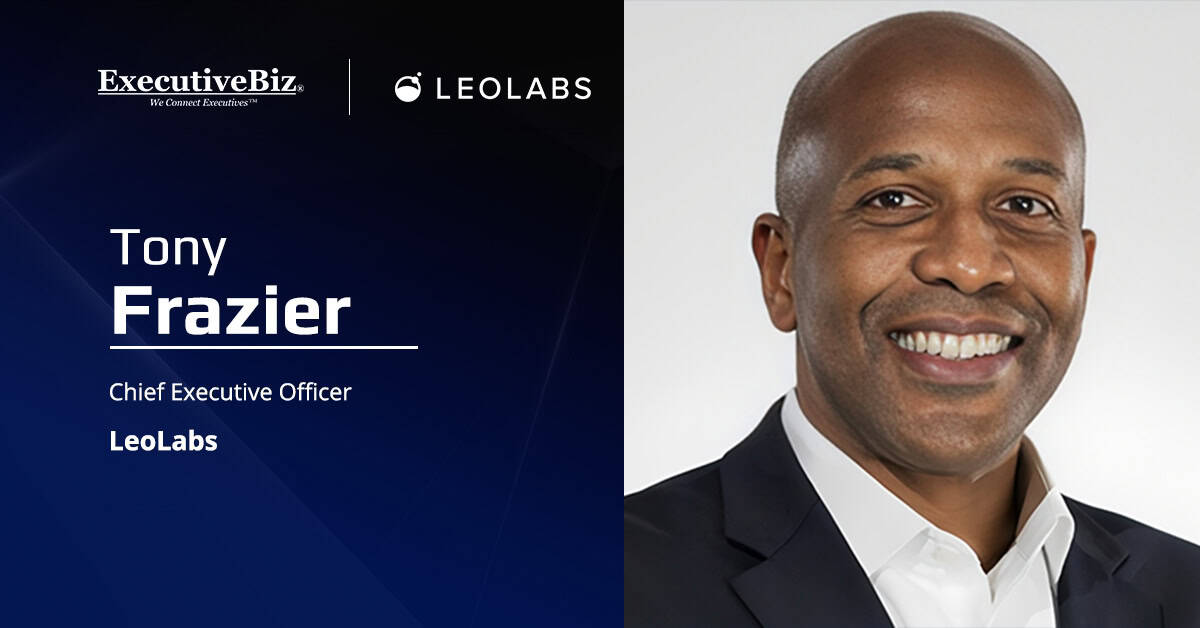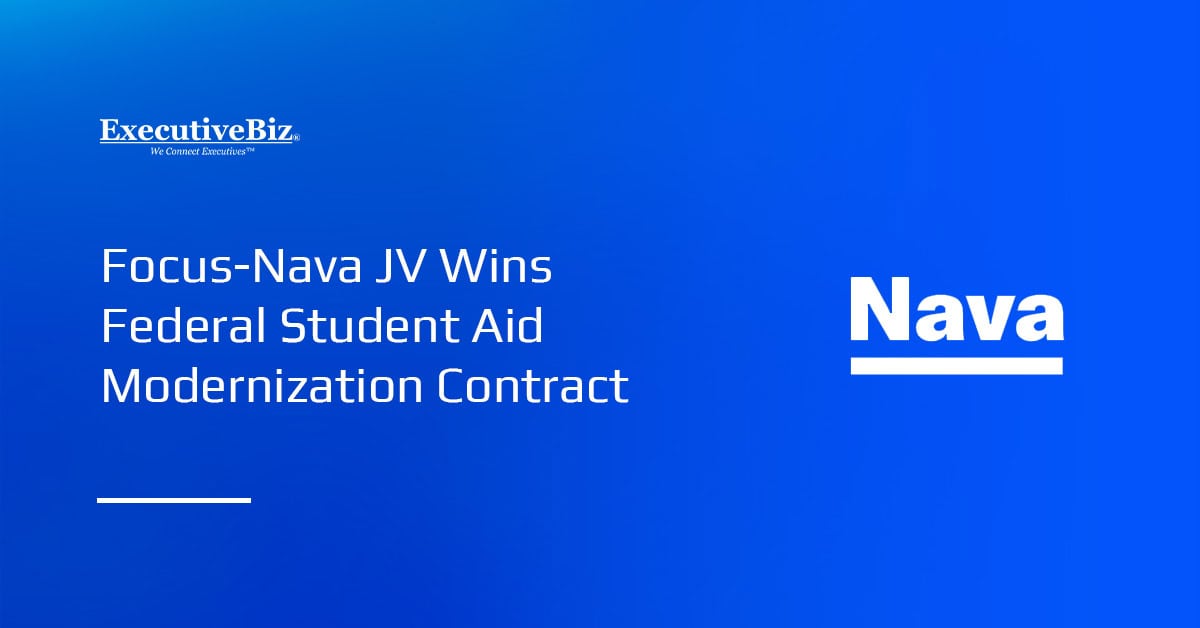LeoLabs is attracting strong investor attention as defense demand for its radar systems accelerates, The Wall Street Journal reported. Tony Frazier, LeoLabs chief executive and a six-time Wash100 Award recipient, said the company is seeing “a ton of interest” from venture firms as it expands beyond space technology into defense applications. The Menlo Park, California-based startup has raised about $140 million to date and may pursue a Series C round.
Dual-Service Model: Radar Hardware Meets Analytics Subscription
LeoLabs operates a hybrid service model offering both deployable radar systems and subscription-based analytics. Governments may choose to install their own radar sensors—such as the mobile Scout-class or fixed Network radars—providing direct control over data collection. For clients without on-site hardware, LeoLabs offers its Tracking and Monitoring service, a subscription-based analytics platform delivering precision orbital data, including orbit states, ephemerides, conjunction alerts and visual dashboards, via web and API interfaces.
LeoLabs said the model ensures that users can access accurate, near-real-time tracking data without owning radar infrastructure themselves.
Rising Geopolitical Pressures
Increased satellite launches from Russia, China, North Korea and Iran have intensified risks in low Earth orbit, prompting nations to seek sovereign space-monitoring capabilities. According to CEO Tony Frazier, some nations are opting to install LeoLabs radars that they directly control while also linking them to the company’s global tracking network. This approach lets governments retain sovereignty over their sensors while accessing data from the wider system.
Defense Contracts and Technology Rollouts
The company is expanding its U.S. defense portfolio through Space Force programs:
- A $60 million STRATFI award under SpaceWERX will deploy Seeker-class radar in the Indo-Pacific by 2027.
- A $4 million TACFI award supports the development of mobile Scout-class radars to detect launches and hypersonic threats.
- A $14.1 million award from Space Systems Command funds the deployment of a UHF phased-array radar in the Indo-Pacific.
LeoLabs also supports NASA’s Conjunction Assessment Risk Analysis program under a Space Act Agreement, providing collision-avoidance data alongside Defense Department tracking.
International Growth
International customers now account for most of LeoLabs’ revenue. The company booked more than $50 million in new awards last year, achieving 140 percent year-over-year growth. Frazier said LeoLabs is targeting sustained growth of 40 to 50 percent.





